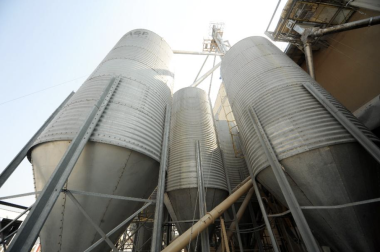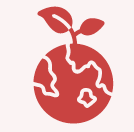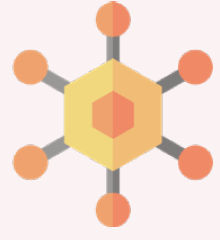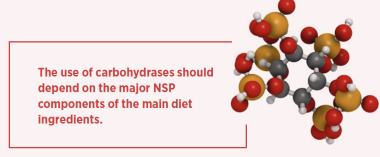
Photo 1. Feed represents about 70 % of the total cost of producing poultry. Source: Cobb-Vantress LLC
Nutritionists should first develop confidence in the quality of the alternative ingredients and reduce the risk by formulating low inclusion levels.
The poultry industry continues to face many challenges to obtain maximum profits. It’s an industry that relies on maximum efficiency and small margins. Feed accounts to nearly 70% of the total production cost (Photo 1).
Photo 1. Feed represents about 70 % of the total cost of producing poultry. Source: Cobb-Vantress LLC
Therefore, the impact that feed cost has on input costs and profitability is constantly being scrutinized and considered by many as a “pressure point” in decision making.

From a nutritional standpoint:
ENZYME SUPPLEMENTATION
Feed enzymes largely focus on improved feed cost-savings (through improved feed utilization), rather than increases in live performance. They represent one of the greatest tools available to nutritionists to improve feed utilization.


Improving nutrient digestibility of phytate bound phosphorus
Removal of non-starch polysaccharides (NSP) that interfere with energy utilization and protein digestion, respectively
Today, phytases are commonly used in the industry and recently, carbohydrases and proteases have become very attractive to nutritionists. Current increases in corn and soybean meal costs have presented an opportunity for nutritionist to use carbohydrases and proteases.

Cereals, such as corn and wheat, contain a high amount of arabinoxylans, with wheat arabinoxylans almost doubling the amount of
Subscribe now to the poultry technical magazine
AUTHORS

Layer Longevity Starts at Rearing
H&N Technical Team
The Strategy for a Proper Infectious Bronchitis Control
Ceva Technical Team
Elevate Hatchery Performance with Petersime’s New Data-Driven Incubation Support Service
Petersime Technical Team
Maize and Soybean Meal Demand and Supply Situation in Indian Poultry Industry
Ricky Thaper
Production of Formed Injected Smoked Chicken Ham
Leonardo Ortiz Escoto
Antimicrobial Resistance in the Poultry Food Chain and Novel Strategies of Bacterial Control
Edgar O. Oviedo-Rondón
GREG TYLER INTERVIEW
Greg Tyler
Insights from the Inaugural US-RSPE Framework Report
Elena Myhre
Newcastle Disease: Knowing the Virus Better to Make the Best Control Decisions. Part II
Eliana Icochea D’Arrigo
Avian Pathogenic E. coli (APEC): Serotypes and Virulence
Cecilia Rosario Cortés
The Importance of Staff Training on Animal Welfare Issues in Poultry Industry
M. Verónica Jiménez Grez
Rodent Control is a Key Factor in Poultry Biosecurity and Sustainability
Edgar O. Oviedo-Rondón